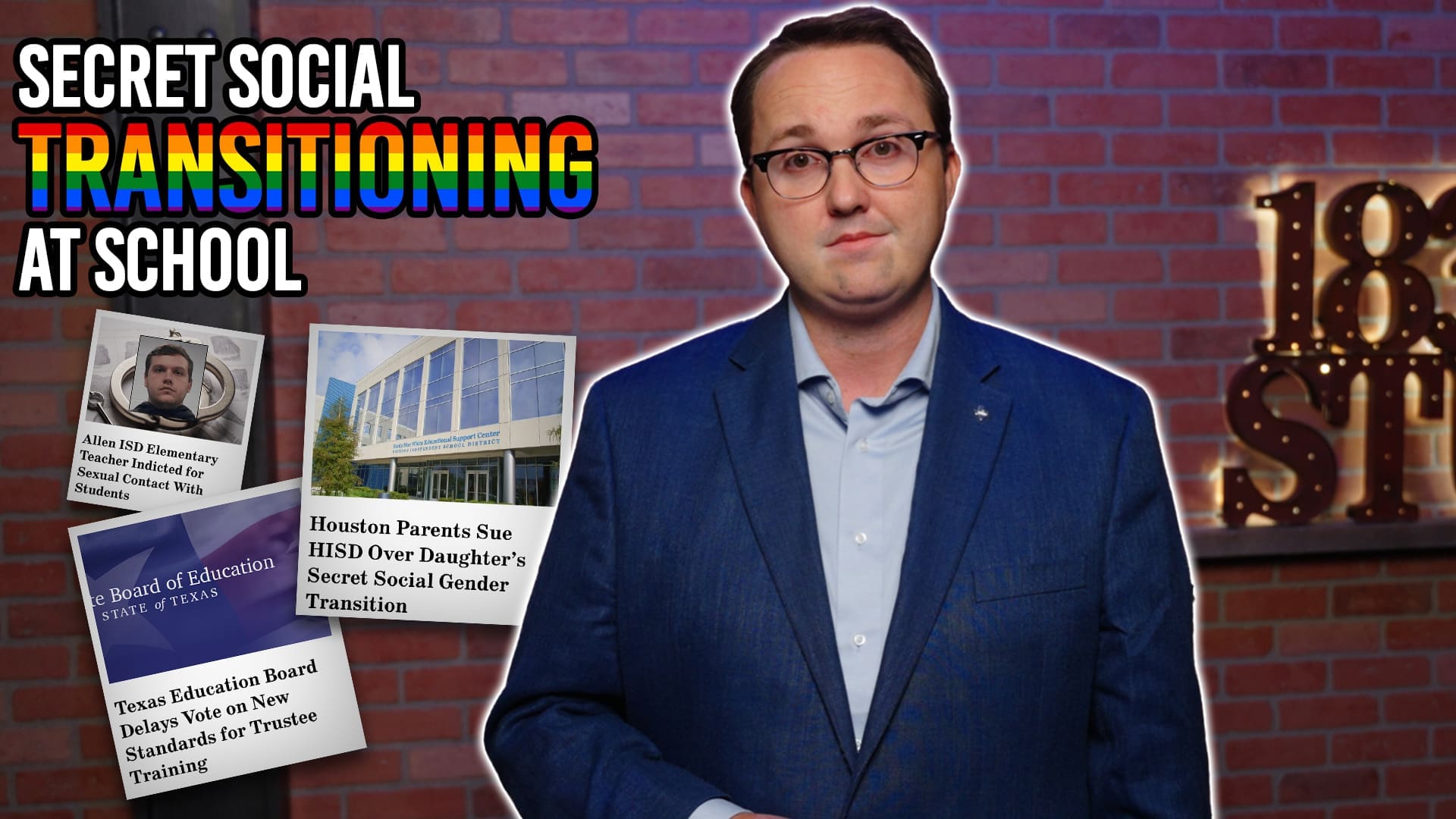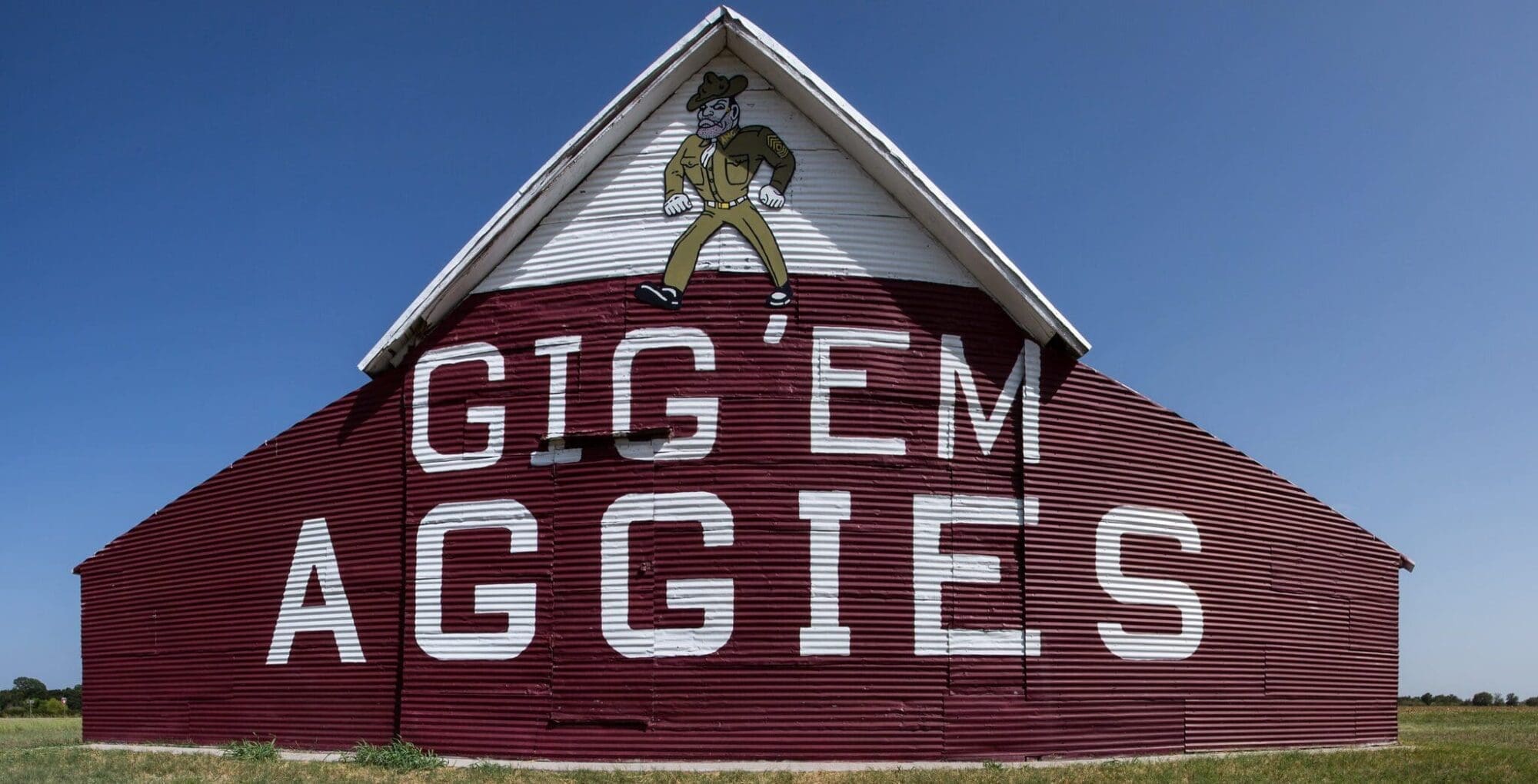Monday, the House Select Committee on Transparency in State Agency Operations (or as I like to call it, the “He’s a witch! Get him! Committee”) met at the Texas Capitol. This is a committee that has been tasked by Joe Straus with investigating the activities of University of Texas Regent Wallace Hall—a man who has apparently asked too many important questions about the unscrupulous activities of powerful people. We’ve written about the witch hunt committee that is investigating Regent Hall before, and the underlying scandals that he has uncovered at UT.
The committee met briefly, professed their alleged interest in “transparency” and a “fair investigation,” and then retreated into executive session to conduct their real business outside the prying eyes of Texans. Even fellow State Representative David Simpson — who attended the hearing though he is not on the committee — was blocked from viewing the closed-door meeting.
When they returned, the committee’s chosen special prosecutor, Rusty Hardin of Houston, addressed the audience.
After speaking briefly about how the tribunal was going to be “fair” and “transparent”—something he called a “buzz word”—Hardin explained to the crowd that the committee was not only going to investigate Hall but also attempt to define the role of a university regent.
If there is any doubt about whether the committee sees the duty of a University of Texas Regent as holding the administration accountable, one need only look back to floor amendment no. 2 on the budget—an amendment that banned the Regents from using appropriated funds to investigate financial malfeasance at UT. The amendment, offered by Appropriations Chair Jim Pitts, who recently announced his retirement amidst a flurry of controversy surrounding his son’s admission to UT Law, was supported by six of the eight members of the select committee.
Hardin went on to inform the public that the committee would not be allowing Regent Hall’s attorneys to cross-examine witnesses in the case against him, though he would take their “suggestions” about witnesses who Hardin should call and question. In a rambling statement, Hardin claimed that allowing cross-examination would take too much time:
“Cross-examination. It would end up with someone up here would be ruling on the questions. It would come as no great shock that instead of investigating we’d get tied up with lawyers: ‘Well, I object to that question, I object to this question. Well who’s going to rule on it? Is that outside the scope of cross-examination? Is it a permissible question?’ And it would totally shut down the true mission of this, which is the investigation to hear all available evidence to decide whether to recommend it on to the next stage. That’s all this committee is charged with doing. And so I feel like, allowing the cross-examination would inhibit a fair, full, complete, and—certainly—timely investigation.”
Of course Hardin—who has been hired as the prosecutor against Hall and who is engaging several of his partners and at least five associates from his firm in the matter—doesn’t want to have to cope with Regent Hall’s attorneys asking tough questions. Shutting down those who dare to ask tough questions is what the entire witch hunt is about in the first place!
Wigmore on Evidence has called cross-examination “beyond any doubt the greatest legal engine ever invented for the discovery of truth.” See California v. Green, 399 U.S. 149, 158 (1970). It has been called “one of the safeguards essential to a fair trial.” Alford v. United States, 282 U.S. 687 (1931).
But Hardin claimed that disallowing cross-examination was a matter of course in impeachment hearings, arguing that cross-examination wasn’t allowed during the investigation and impeachment of Judge O.P. Carrillo in 1975. “The most recent precedent is that you not allow it,” Hardin told the committee. “I don’t know of any investigation that has allowed it,” Hardin boldly added.
However it is common knowledge that during the 1917 impeachment of Governor James Ferguson, his attorneys were given the power to cross-examine and investigate witnesses generally. And the 1975 report of the impeachment committee clearly shows that limited cross-examination was allowed in the Carrillo case, contrary to the assertions of Mr. Hardin. In that tribunal, only “unlimited cross-examination” was disallowed. In addition, Judge Carrillo’s attorneys were allowed to submit written questions to the Chair to be propounded to the indicated witnesses. The report of the committee notes that several witnesses were recalled by the committee for that purpose. Finally, it was noted that when the 1975 impeachment committee completed its work, “all witnesses who desired to offer testimony had been heard by the committee.” This suggests that public testimony was taken. We’ve heard no indication that the public will be allowed to testify in the present case.
Mr. Hall should be afforded his right to cross-examination. In fact, the House Rules require it. House Rule 4, Section 13, states that “… the rules of evidence and procedure in the civil courts of Texas shall govern the hearings and operations of each committee … .” Texas Rule of Evidence 611(b) states clearly that a “witness may be cross-examined on any matter relevant to any issue in the case, including credibility.”
Unfortunately, on the motion of radical Democrat Trey Martinez Fischer, the committee voted—Republicans and Democrats alike—to deny Regent Hall his right to due process.
In closing the hearing, Mr. Hardin informed the press and public in the room that the committee had decided in executive session to hide behind him rather than speak directly with the media about the case. As Mr. Hardin put it, “They’d rather take a chance on me saying something stupid rather than them.”
An all too perfect assessment of the most imperfect of tribunals.




